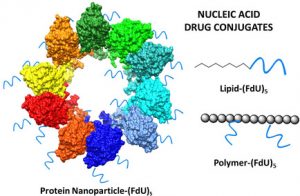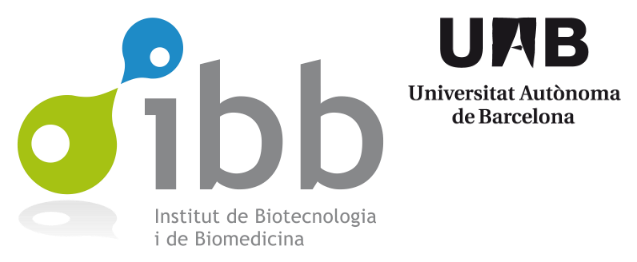https://onlinelibrary.wiley.com/doi/full/10.1002/open.201900038
Abstract
Oligonucleotide‐protein conjugates have important applications in biomedicine. Simple and efficient methods are described for the preparation of these conjugates. Specifically, we describe a new method in which a bifunctional linker is attached to thiol‐oligonucleotide to generate a reactive intermediate that is used to link to the protein. Having similar conjugation efficacy compared with the classical method in which the bifunctional linker is attached first to the protein, this new approach produces significantly more active conjugates with higher batch to batch reproducibility. In a second approach, direct conjugation is proposed using oligonucleotides carrying carboxyl groups. These methodologies have been applied to prepare nanoconjugates of an engineered nanoparticle protein carrying a T22 peptide with affinity for the CXCR4 chemokine receptor and oligomers of the antiproliferative nucleotide 2’‐deoxy‐5‐fluorouridine in a very efficient way. The protocols have potential uses for the functionalization of proteins, amino‐containing polymers or amino‐lipids in order to produce complex therapeutic nucleic acid delivery systems.
